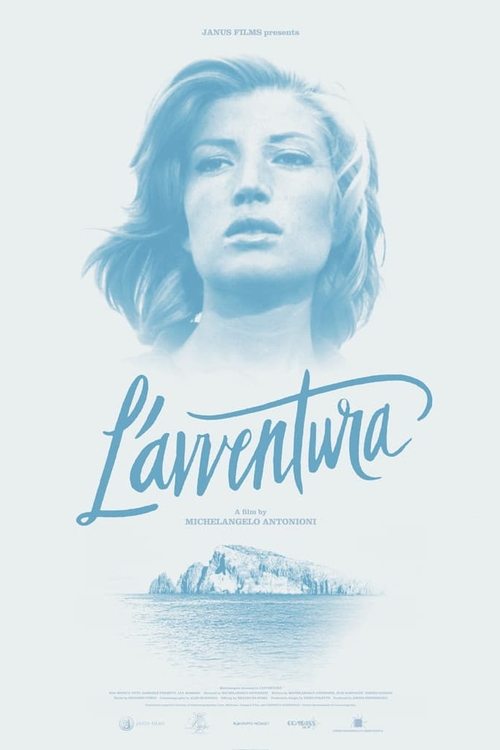
Title: L'Avventura
Year: 1960
Director: Michelangelo Antonioni
Writer: Elio Bartolini
Cast: Monica Vitti (Claudia), Gabriele Ferzetti (Sandro), Lea Massari (Anna), Dominique Blanchar (Giulia), Renzo Ricci (Anna's Father),
Runtime: 144 min.
Synopsis: Claudia and Anna join Anna's lover, Sandro, on a boat trip to a remote volcanic island. When Anna goes missing, a search is launched. In the meantime, Sandro and Claudia become involved in a romance despite Anna's disappearance, though the relationship suffers from guilt and tension.
Rating: 7.547/10